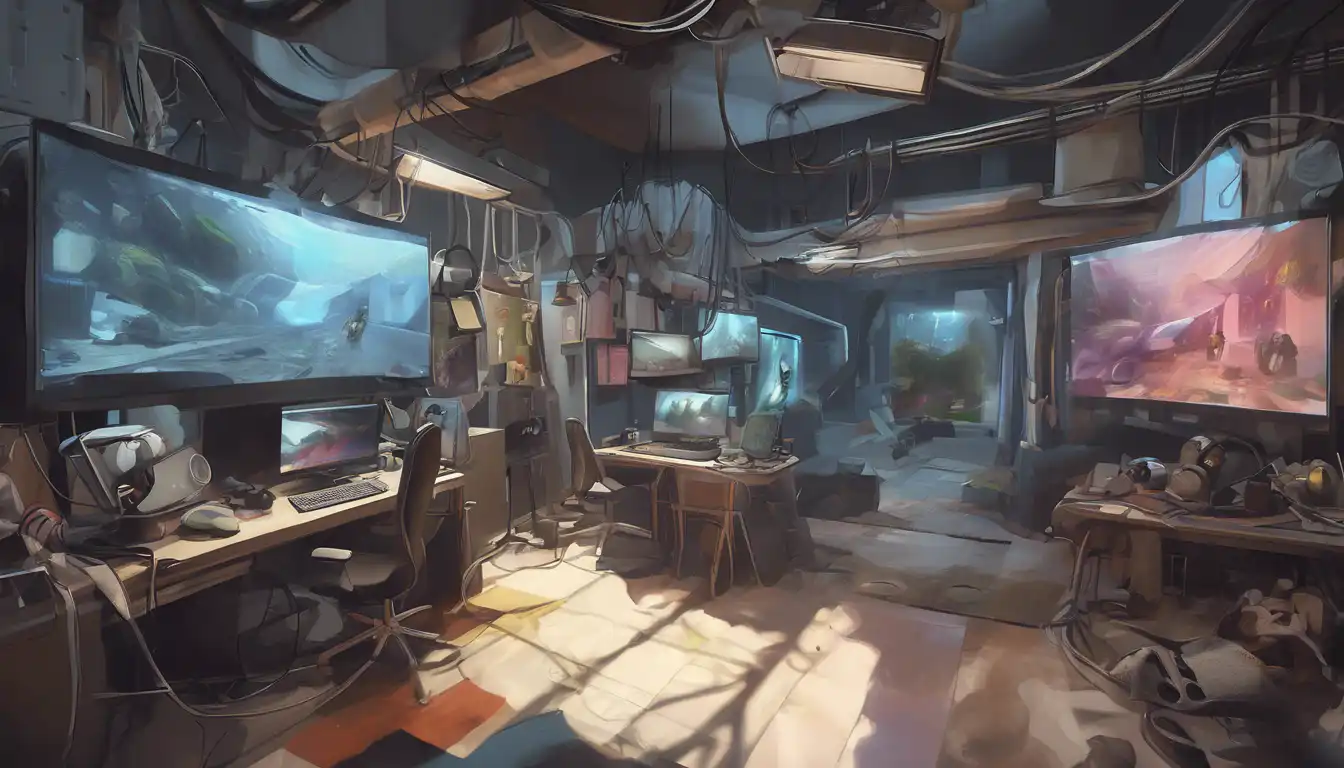Introduction to Virtual Reality Development
Virtual Reality (VR) development is an exciting field that combines creativity with technology to create immersive experiences. Whether you're interested in gaming, education, or training simulations, VR offers endless possibilities. This guide will walk you through the basics of getting started with VR development.
Understanding Virtual Reality
Before diving into development, it's essential to understand what VR is. VR is a simulated experience that can be similar to or completely different from the real world. It requires a headset and sometimes additional equipment to immerse the user in a digital environment.
Choosing the Right Tools
There are several tools and platforms available for VR development. Some of the most popular include:
- Unity: A versatile game engine that supports VR development.
- Unreal Engine: Known for its high-quality graphics, it's another excellent choice for VR.
- WebVR: Allows you to create VR experiences that run in a web browser.
Each tool has its strengths, so consider your project's requirements before choosing.
Learning the Basics of 3D Modeling
VR development often involves creating 3D models. Tools like Blender or Maya can help you design assets for your VR projects. Even if you're not an artist, understanding the basics of 3D modeling will be beneficial.
Programming for VR
Programming is a crucial part of VR development. Languages like C# (for Unity) and C++ (for Unreal Engine) are commonly used. If you're new to programming, start with the basics before moving on to VR-specific concepts.
Testing Your VR Applications
Testing is an essential step in VR development. You'll need a VR headset to test your applications properly. Consider the Oculus Rift, HTC Vive, or even a mobile VR solution like Google Cardboard for simpler projects.
Publishing Your VR Project
Once your VR application is ready, you'll want to share it with the world. Platforms like SteamVR, Oculus Store, or even your website can be great places to publish your work.
Staying Updated with VR Trends
The VR industry is rapidly evolving. Staying updated with the latest trends and technologies will help you create more innovative and engaging VR experiences.
By following this guide, you'll be well on your way to becoming a proficient VR developer. Remember, practice and persistence are key to mastering VR development.
